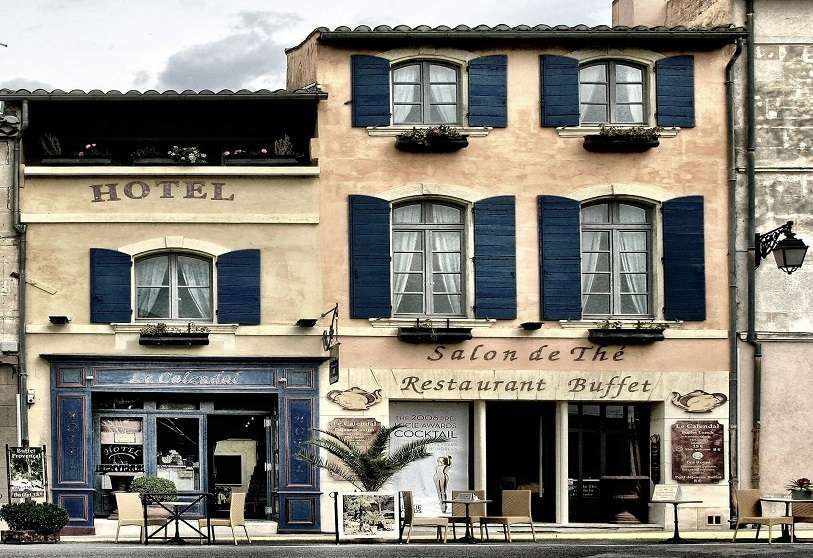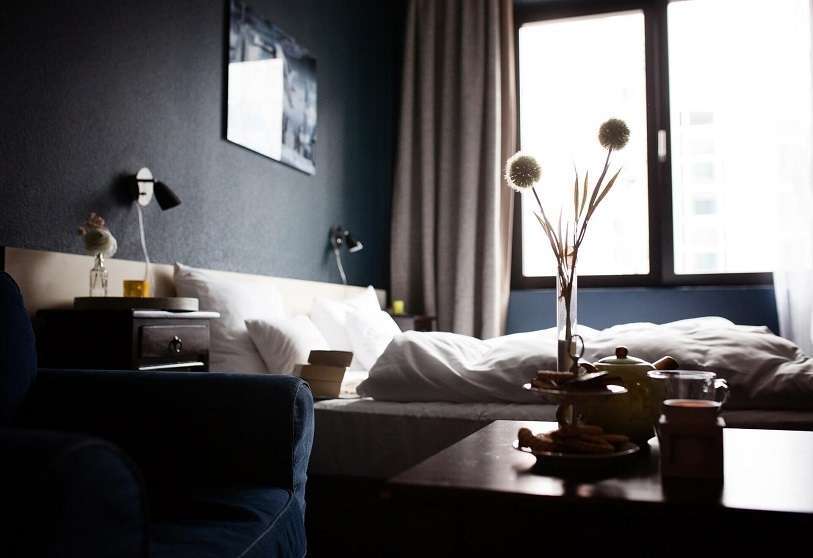Hotels, times are changing

The hotel industry has been severely affected by the COVID-19 pandemic since the first quarter of 2020, following the cancellation of bookings and events and restrictions on travel. Support is needed to keep the industry afloat, but the most important objective is to create a more resilient and sustainable hotel sector that is able to withstand future major crises.
The Mediterranean region has 20% of the world's hotel accommodation capacity. The 24 Mediterranean countries have 10,000 destinations, some 100,000 hotels and around one million restaurants.
However, before the pandemic, the sector was already facing continuous challenges: from senseless acts of terrorism, to fires, earthquakes, hurricanes, droughts, epidemics or economic crises. Global events certainly affect the hotel industry.
The pandemic has exposed vulnerabilities of the sector in the region, such as oversupply of hotel capacity, bureaucracy, lack of flexibility and innovation, and, most notably, inadequate collaboration between all actors in the sector.

The pandemic has exposed sector vulnerabilities in the region, such as the oversupply of hotel capacity, bureaucracy, lack of flexibility and innovation, and, most notably, inadequate collaboration between all actors involved in the sector.
When embargoes and quarantines are lifted and the consumer begins to feel safe enough to leave the couch and move beyond their city or country, there will be new demands on the industry because the renewed traveller will not be the same visitor as in 2019.
The new post-pandemic traveller will be looking for more personal and private experiences, moving away from mass destinations. They will have developed higher expectations of hygiene and safety, and are even likely to shift towards holiday experiences that focus on quality. This shift in focus may benefit the mid- to high-end travel market and cause the budget hotelier to review the image and definition of their brand.
Without new management tools, the development, delivery of products and experiences, as well as the ability of hotel companies to innovate will be hampered, which will impact on their growth.
There is a need to push for measures to provide a framework that can be used by all stakeholders and help create a more resilient and sustainable industry.

Future hospitality industry needs urgent support. In addition to providing crisis relief to businesses in the sector, a cooperative business environment needs to be created for all stakeholders. This means promoting a new, more efficient operating model, maintaining safety and welfare standards, and driving the adoption of the latest technologies, innovation and digitalisation.
It is necessary to analyse with the authorities the taxes levied on the sector, hotel safety, labour mobility, sustainable development, worker training, classification and standardisation to carry out their own certifications, and the promotion of diet, food and the Mediterranean Brand.
The hotel sector must face the challenges and engage in new measures and actions to ensure its sustainability, efficiency and profitability.
The Mediterranean hotel industry lacks a formal body that can bring all its voices together and represent and coordinate their shared interests. A single body needs to be established to act as a forum for the sector to foster greater collaboration and unity, share resources, secure prices, renegotiate contracts, provide legal support in disputes, and communicate with governments. The ability to continue to attract tourists needs to be improved in order to strengthen the industry's global leadership position.

Hotel groups are introducing global auditing systems to certify that hotels are clean and safe. A dedicated health and safety manager ensures that cleaning and disinfection protocols are followed and that regular staff health checks are carried out. But, with reduced revenues, many owners are not in a position to invest in technologies that improve health and safety standards in their hotels.
Reducing and deferring taxes and offering financial support will help hotels to remain viable, but banks must also help their survival by temporarily removing financial burdens or providing flexible solutions to customers affected by the crisis.
It will take time for visitor numbers to return to pre-pandemic levels and the long-term impact of this is unknown. Careful development of a future tourism ecosystem that provides the right product to meet potential visitor demand is therefore essential.
The way forward is clear: to foster co-operation and co-ordination of a coherent, modern and efficient Mediterranean tourism market. A profitable sector that generates not only income but also jobs and benefits the entire population. A sector prepared for climate change in line with the Development Goals. Without a comprehensive plan to consolidate its leadership, recovery and long-term sustainability are at risk.
Anwar Zibaoui. ASCAME General Coordinator

